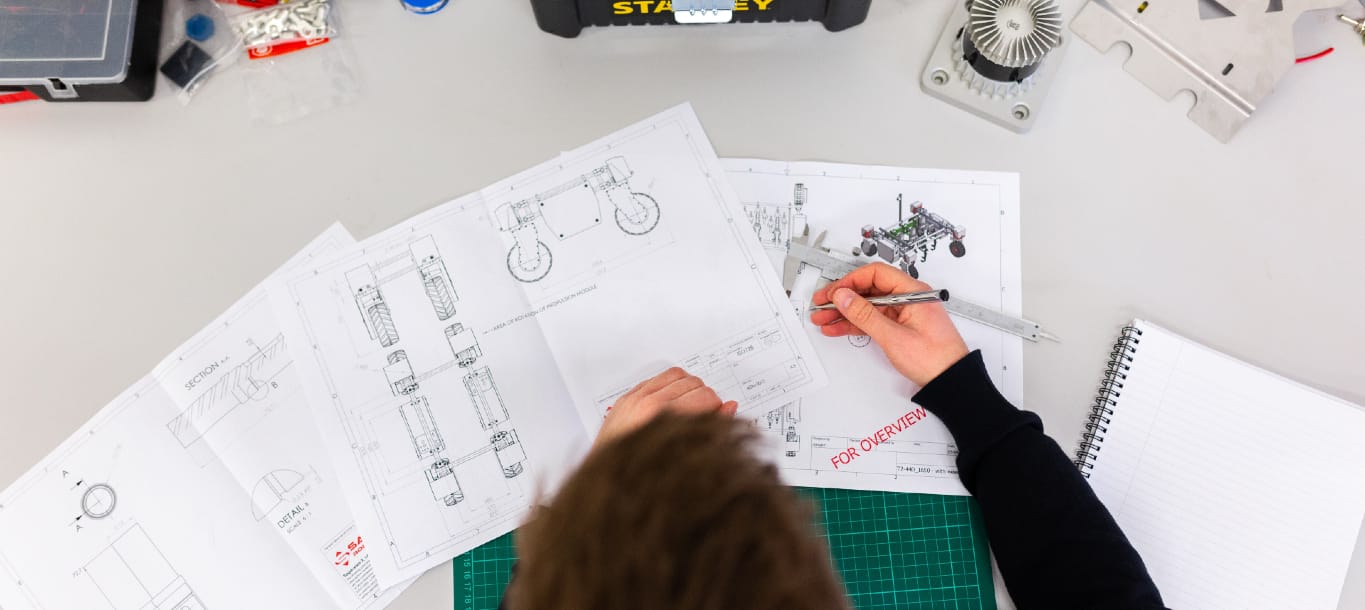Engineering – a brief background
The work of an engineering physicist is constantly evolving. They make sure that new technologies or discoveries are built into products and processes. As such, it’s a highly valued career path, with many top-tech industries eager to hire the most talented minds.
The breadth of sectors that an engineering physicist can work across is huge. For example, an engineering physicist could find themselves working in any of the following:
- Developing improvements to communication systems with fibre optic technology;
- Advancing the healthcare industry with new medical equipment;
- Creating microelectronics to be used in the latest smart phones and consumer technology;
- Increasing humankind’s knowledge of space by designing new tools for exploration and understanding.
What do I need to study for a career in engineering?
You can become an engineer by gaining a qualification or completing an apprenticeship. You could complete a HND or degree in general engineering, followed by a further qualification in your chosen specialism.
It’s also possible to complete an engineering apprenticeship. Apprenticeships have several advantages: you receive a salary, gain valuable work experience and training, and receive your education free of charge. A wide range of companies offer engineering apprenticeships, including Rolls Royce, Sky and the Ministry of Defence.
Working in the field of engineering
Engineers are always working with innovation. If you go into this area of work, it’s important for you to be incredibly open-minded and be willing to learn and adapt based on the latest tech. You’ll need to be curious, creative and continuously striving to make improvements, no matter how small.
Positioned on the cutting edge of technological developments, engineering physicists must be good at working in a team – no one person can devise the technological advancements and innovations mentioned above on their own. Sharing knowledge and having a thirst to learn from others to improve your own work is a must!
Engineering physicists must also be technically gifted. However, on top of that they need to possess good communication skills. Imagine working at a leading tech company and presenting to the leadership team on a new complex design that you think will improve a product. In this scenario you would need to be able to communicate complex ideas succinctly.
Engineering physicists also need a degree of commercial awareness and must understand how their innovative ideas can translate into achieving the goals of an organisation – be that a better-connected world, a healthier society, or more profitable margins on a tech device.
In terms of the types of companies or organisations you could work for, this can range from the high tech industries mentioned previously such as telecommunications, microelectronics and aerospace to manufacturing firms, governments and engineering consultancy firms. Whatever your particular niche interest, there is a bound to be a career for you as an engineering physicist!
